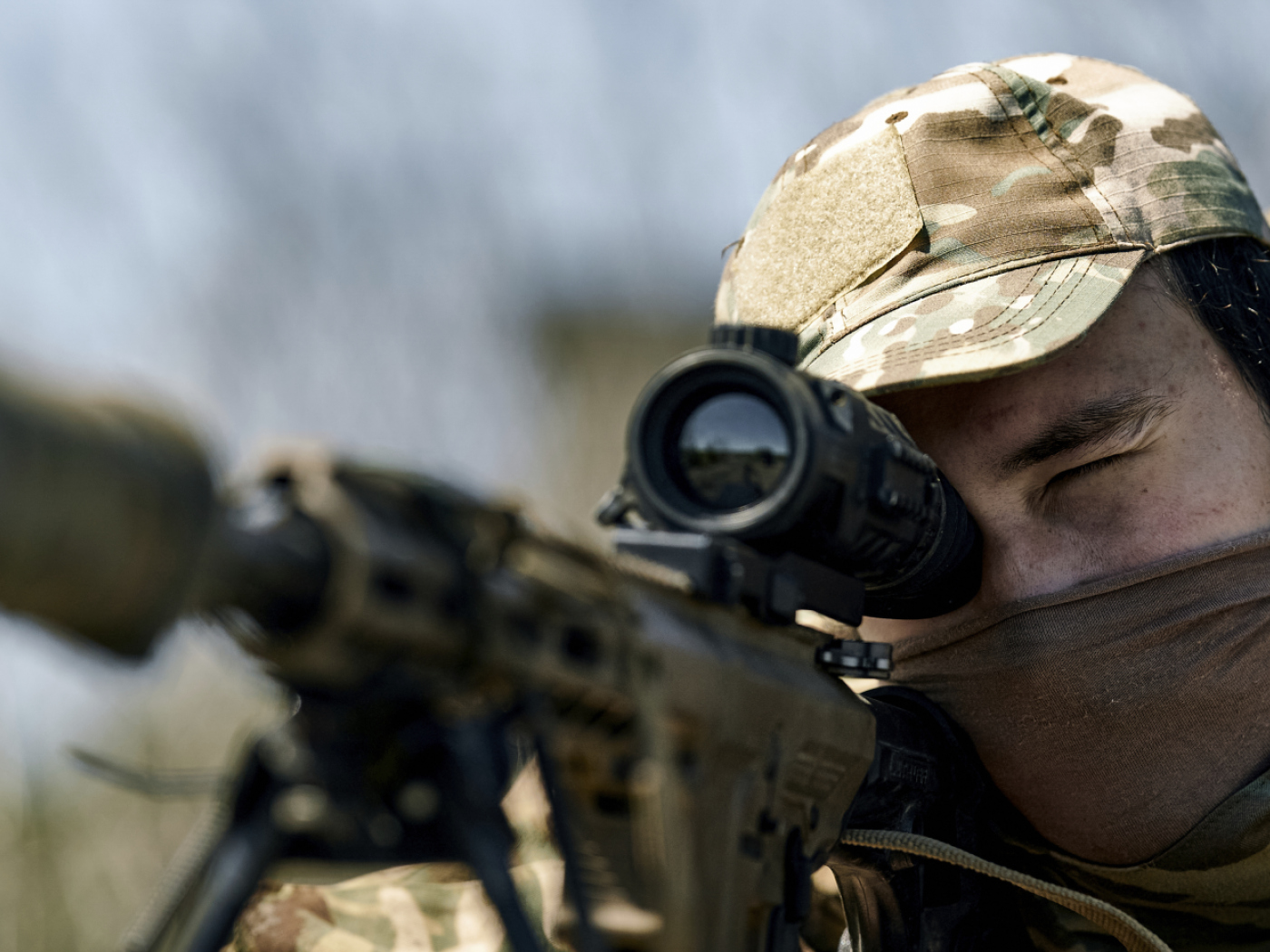
Switzerland Today
Greetings from Lausanne!
Here are the latest news and stories from Switzerland on Monday.

In the news: Credit Suisse boardroom shake-up, Swiss defence spending and impact of war in Ukraine on Swiss economy.
- Credit Suisse announced on Monday that Vice-Chair Severin Schwan would not stand for re-election. This follows a reported rebellion by large shareholder groups at the Swiss bank.
- A majority of the Swiss population is not in favour of increasing spending on defence, despite the ongoing war in Ukraine, a new surveyreveals. However, they support the government’s existing plan to buy replacement fighter jets from the United States.
- The consequences of Russia’s war on Ukraine are being felt by the Swiss economy, especially in terms of price increases and supply problems. All sectors are affected to varying degrees, according to the Swiss business federation economiesuisse.

Switzerland must freeze Russian oligarchs’ accounts, says Polish PM
Switzerland must freeze the accounts of Russian oligarchs in the country and confiscate their assets, the Polish prime minister, External linkMateusz Morawiecki, said on Monday during a visit to Warsaw by the Swiss President Ignazio Cassis (photo of both above).
In a bid to end the war in Ukraine, Western countries have imposed numerous sanctions. Neutral Switzerland, which is not a member of the European Union, has fully adopted EU sanctions against a total of 870 Russian individuals and 60 entities, including orders to freeze their wealth in Swiss banks.
Cassis responded cautiously to Morawiecki’s demand. “[Sanctioned Russians] cannot dispose of their assets. If they own companies in Switzerland, in the commodities sector or elsewhere, these companies are also covered by the measures,” Cassis said. “There have already been bankruptcies.”
But concernsremain about the extent of the measures and individuals targeted. In a video address on Saturday, the embattled Ukrainian leader Volodymyr Zelensky also urged Switzerland to take a strongerstance on Russian oligarchs.
Meanwhile, an international taskforceExternal link has been set up, involving the US, Australia, Canada, Germany, Italy, France, Japan, Britain and the EU – but not Switzerland – to investigate hidden Russian assets in the West. The Organized Crime and Corruption Reporting Project, a platform of investigative journalists, says assets seized belonging to Russia’s ruling class “thus far represent only a fraction of their true wealth”. A joint media investigation is also reportedly looking into the issue.
Swiss banks hold between CHF150-200 billion ($160-$214 billion) in assets belonging to Russian clients,according to the Swiss Bankers Association.

Can Switzerland cope with the influx of Ukrainian refugees?
Over 11,000 Ukrainians who have fled the war have been registered in Switzerland. Various support initiatives have been set up across the country. Around 4,000 people are staying with families in private homes, for example.
The cantons are preparing to welcome many more refugees by the end of the year. But the estimates of the number of arrivals range from 60,000 up to 300,000. With this kind of influx, some reception centres risk being overwhelmed.
“These are high figures over a very short period,” Etienne Piguet, vice-president of the Federal Migration Commission, told Swiss public television RTSExternal link.
“Switzerland has infrastructure that can perfectly cope quickly and efficiently” with an influx of refugees “up to 60,000 people”. Beyond that, “we become an emergency reception system, and there we will have to improvise, it will be a little more complicated”, he said.
The United Nations refugee agency (UNHCR) says some 10 million Ukrainians – in a total population of around 45 million – have been displaced by the war, including 3.4 million – mostly women and children – who have fled abroad, mostly to neighbouring EU member states.

A UN-sponsored report has named Switzerland the fourth happiest country in the world.
Finland came top in the World Happiness ReportExternal link for the fifth year running, in a ranking topped mainly by European countries. Denmark was second, followed by Iceland. Switzerland, which slipped one place from last year, was followed by the Netherlands, Luxembourg, Sweden, Norway, Israel and New Zealand.
The study, published annually since 2012, mainly uses Gallup opinion polls asking people about their own level of happiness, cross-referenced with GDP and assessments of the level of solidarity, individual freedom and corruption. The aim of the report is to “identify keydeterminants of well-being” and patterns which can help countries to craft policies aimed at achieving happier societies.
“The lesson of the World Happiness Report over the years is that social support, generosity to one another, and honesty in government are crucial for well-being. World leaders should take heed,” the authors wrote in this year’s report.

In compliance with the JTI standards
More: SWI swissinfo.ch certified by the Journalism Trust Initiative








